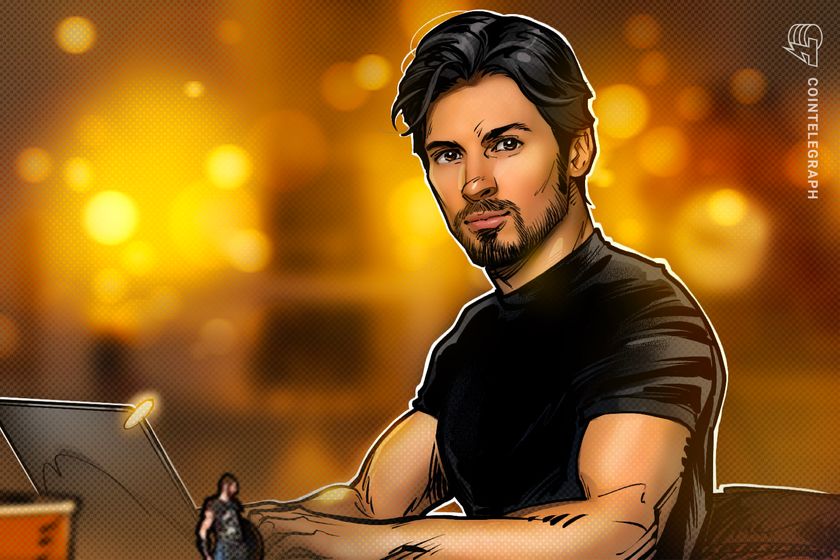
Telegram founder Pavel Durov recently made headlines when he revealed that he had rejected pressure from a Western European government to censor political content on the platform ahead of the presidential elections in Romania. In a Telegram post on May 18, Durov shared that the government, which he hinted at using a baguette emoji, had requested the censorship of conservative voices, a request he firmly turned down. Durov's stance was clear as he emphasized the importance of freedom of speech and fair elections for the people of Romania.
Known for his unwavering support for free speech, Durov has garnered respect within the crypto community for his advocacy of principles such as freedom of expression, privacy, and individual liberty. His refusal to bow to governmental pressure to censor content aligns with his commitment to upholding these values on the Telegram platform.
This incident is not the first time Durov has faced challenges related to freedom of expression. In August 2024, he was arrested in France, sparking outrage among crypto enthusiasts and free speech advocates worldwide. Many viewed the arrest as politically motivated, with critics accusing the French government of targeting Durov for his commitment to free speech.
French President Emmanuel Macron defended the arrest, stating that it was not politically motivated and that the government supported freedom of expression. However, critics, including Helius Labs CEO Mert Mumtaz, questioned the government's commitment to free speech, highlighting the contradiction in holding founders personally liable for content moderation while claiming to support freedom of expression.
Following Durov's arrest, Chris Pavlovski, CEO of Rumble, a free speech online video platform, announced his departure from the European Union after facing threats from the French government. Pavlovski criticized the government's actions, suggesting that Durov's arrest was an attempt to pressure him into censoring content on his platform.
Durov has maintained that Telegram complies with lawful information requests from law enforcement agencies and has a legal representative in France to handle such requests. He criticized the French government for bypassing proper channels and issuing an arrest warrant instead.
The incident involving Durov and the pressure to censor political content on Telegram raises important questions about the balance between freedom of speech and government intervention. Durov's steadfast defense of free speech in the face of such pressure underscores the challenges that platforms like Telegram face in navigating the complex landscape of content moderation and censorship.

Leave a Reply